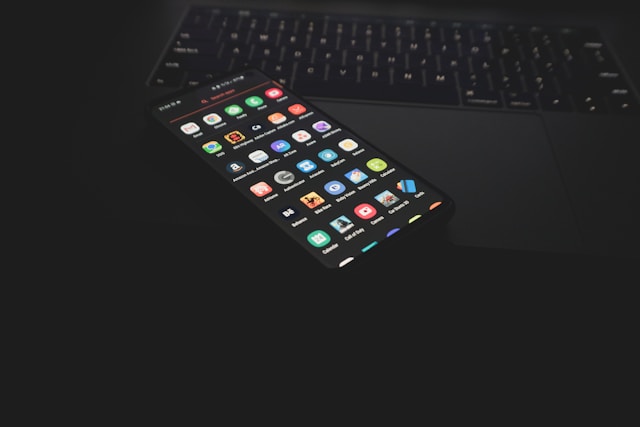Apple’s much-anticipated iPhone 16 is scheduled for release later this year. However, reports indicate that the device will be missing several headline AI features that tech enthusiasts had eagerly expected. This development could lead to disappointment among buyers who have come to expect cutting-edge innovations from Apple with each new iteration.
The Missing AI Features
In recent years, AI capabilities have become a cornerstone of the smartphone experience, enhancing everything from photography to voice assistance. The iPhone 16 was rumored to include advanced AI features like real-time language translation, more intuitive Siri interactions, and enhanced augmented reality (AR) experiences. However, reliable sources suggest that these features will not be included in the initial launch, possibly due to development delays or prioritization of other aspects.
Potential Impact on Buyer Expectations
Apple has built a reputation for delivering groundbreaking technology, and each new iPhone release typically sets the bar higher for competitors. The absence of anticipated AI features may temper the excitement surrounding the iPhone 16, leading to mixed reactions from consumers and tech reviewers alike.
Many loyal Apple customers look forward to significant upgrades and innovative functionalities that justify the high price tags of new models. Without these AI advancements, the iPhone 16 might struggle to stand out in a crowded market where competitors are rapidly integrating AI into their devices.
Comparing to Competitors
Several other smartphone manufacturers, including Samsung and Google, have made substantial strides in incorporating AI into their latest models. Samsung’s Galaxy series and Google’s Pixel phones, for instance, boast impressive AI-driven features such as advanced camera capabilities, real-time language translation, and smart home integration.
The iPhone 16’s lack of similar advancements could position it unfavorably against these rivals, especially for tech-savvy consumers who prioritize AI functionality. This scenario raises questions about Apple’s strategic direction and whether the company can maintain its competitive edge without pushing the envelope in AI technology.
What This Means for Apple’s Future
Apple’s decision to launch the iPhone 16 without key AI features could be seen as a cautious move, potentially allowing more time to refine and perfect these technologies for future models. However, this approach also risks short-term customer dissatisfaction and may affect sales performance if buyers perceive the iPhone 16 as lacking innovation.
In the long run, Apple’s success hinges on its ability to anticipate and meet consumer expectations. The tech giant must balance immediate product offerings with long-term technological advancements to retain its loyal customer base and attract new users.
The launch of the iPhone 16 without headline AI features marks a significant moment for Apple and its customers. While the device will likely offer other enhancements and improvements, the absence of anticipated AI capabilities could disappoint buyers who expect more from Apple’s flagship product. As the smartphone market continues to evolve, it remains to be seen how this decision will impact Apple’s standing among its competitors and within the tech community.











